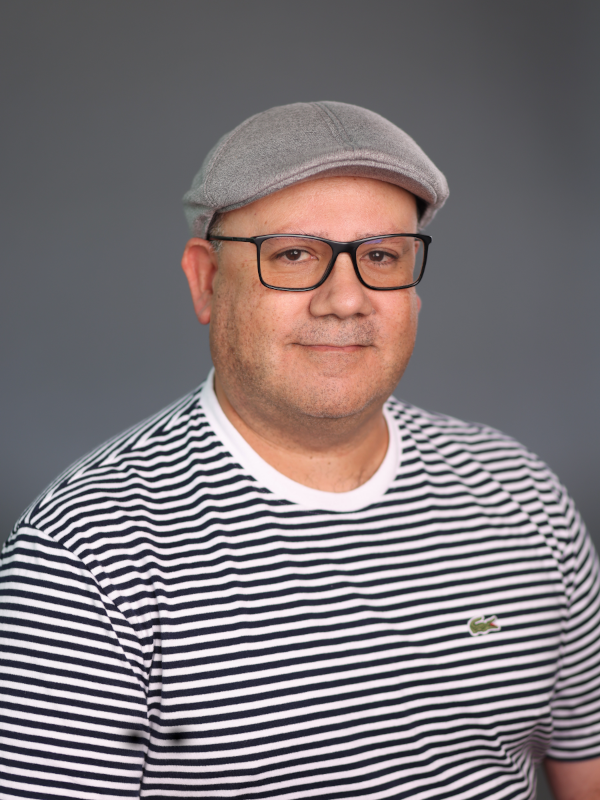
Jian-Qiao Sun
UC Merced, USA


Jian-Qiao Sun
UC Merced, USA
What Machine Learning Can Do for Engineering
Abstract:This talk presents discussions on what we can do with machine learning for engineering research. Specifically, we shall discuss the following questions without giving the audience affirmative answers. It is hoped that this talk will motivate more people to learn various methods from the machine learning and artificial intelligence community and apply them to investigate new solutions of engineering research problems.

Ryan J. Urbanowicz
Cedars-Sinai Medical Center, USA
Learning to Evolve, Evolving to Learn: Interpretable AI for Unlocking Biomedical Complexity
Dr. Ryan J. Urbanowicz is a Research Assistant Professor in the Department of Computational Biomedicine at Cedars-Sinai Medical Center in Los Angeles. His research interests lie at the intersection of genetics, genomics, biostatistics, epidemiology, machine learning, and artificial intelligence. He has adopted a quantitative biomedical research strategy that embraces, rather than ignores, the complexity of the relationship between predictive factors and disease endpoints. Dr. Urbanowicz earned his Ph.D. in Genetics from Dartmouth College's Geisel School of Medicine, a Master of Engineering in Biological Engineering and a Bachelor of Science in Biological and Environmental Engineering, both from Cornell University.

Pierrick Legrand
Bordeaux INP and IMS, France
Artificial Evolution and Illustrative Applications
Pierrick Legrand is a Full Professor at Bordeaux INP and IMS, and holder of the IBM France Chair at ENSC. He received his PhD in Applied Mathematics from École Centrale de Nantes and the University of Nantes in 2004. His research interests span multifractal analysis, wavelets, signal processing, and evolutionary computation, with applications ranging from signal processing to biomedical engineering. He is President of the Artificial Evolution Association, Editor of the Artificial Evolution volume series in LNCS (Springer), and a recipient of the French Palmes Académiques.

Víctor Díaz Ramírez
National Polytechnic Institute, Mexico
Métodos híbridos en visión multiocular, procesamiento de imágenes y reconocimiento de patrones
Víctor Díaz Ramírez earned his degrees in Electronics Engineering and Master's in Electronic Engineering from the Mexicali Institute of Technology in 2001 and 2004, respectively. In 2007, he received his Doctor of Science degree in Computer Science from the Center for Scientific Research and Higher Education of Ensenada (CICESE). Since 2009, he has been a full-time research professor at the National Polytechnic Institute. He is the author of numerous scientific articles published in journals indexed in the Journal Citation Reports (JCR), as well as in national and international conference proceedings. To date, he has supervised eight doctoral theses and more than twenty master's theses. He has served as technical director of various research projects funded by CONAHCYT/SECIHTI and the IPN. He has a granted patent and several works registered under copyright. His research interests include computer vision and image processing, object recognition and tracking, three-dimensional reconstruction, and 3D image processing. He is a member of the National System of Researchers (SNI), Level II. He has served as associate editor of the journal Optical Engineering of the International Society for Optics and Photonics (SPIE), and is currently co-chair of the Optics and Photonics for Information Processing conference at the international conference SPIE Optics + Photonics.